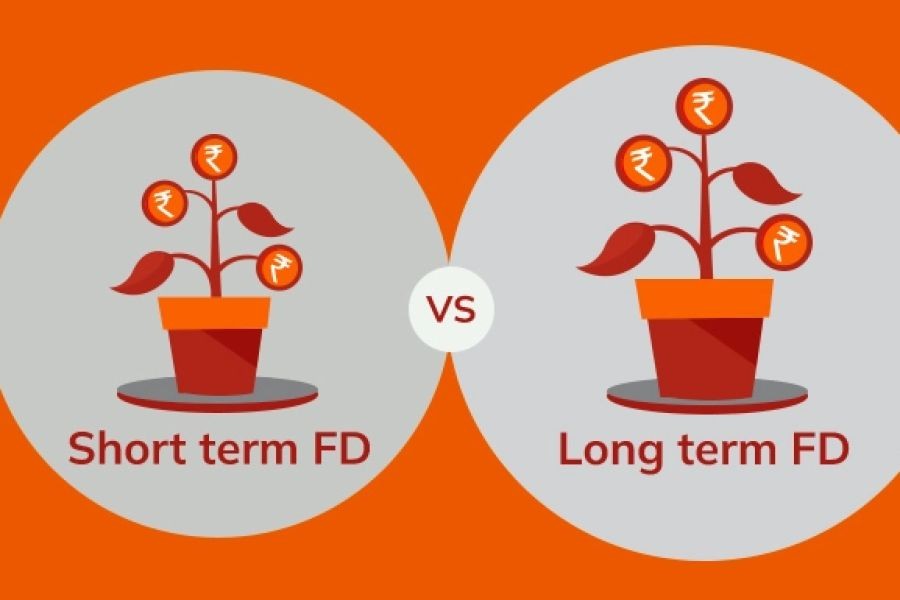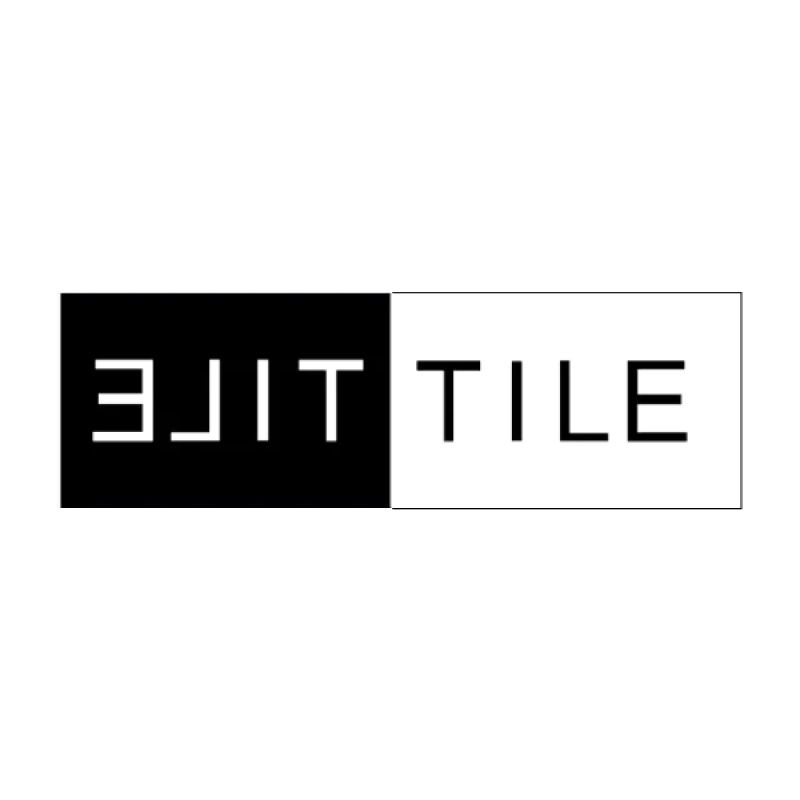In a world where financial security is paramount, choosing the right investment strategy can make all the difference. In New Zealand, an economy known for its dynamic and resilient nature, the debate between long-term and short-term deposits has become increasingly relevant. How do these options stack up, and what do they mean for Kiwi investors? This article delves into the intricacies of both options, offering data-backed insights and expert opinions to guide your financial decisions.
Understanding the Landscape: Long-Term vs. Short-Term Deposits
Before diving into the pros and cons, it's essential to grasp the fundamental differences between long-term and short-term deposits. Long-term deposits typically lock in funds for several years, offering higher interest rates in exchange for less liquidity. Conversely, short-term deposits provide more flexibility but usually come with lower returns.
According to the Reserve Bank of New Zealand, the average interest rate for long-term deposits in 2023 was 3.5%, compared to 1.8% for short-term options. This disparity highlights the core trade-off between potential returns and liquidity.
Case Study: A Kiwi Investor's Perspective
Meet Sarah, a 45-year-old investor from Auckland. Facing the dilemma of choosing between long-term and short-term deposits, Sarah decided to split her investments between the two. By doing so, she aimed to benefit from the higher returns of long-term deposits while maintaining liquidity through short-term options.
After two years, Sarah's strategy paid off. Her long-term deposits yielded a 4% return, while her short-term investments allowed her to capitalize on an unexpected real estate opportunity. This balanced approach underscores the importance of diversification and strategic planning.
The Pros and Cons of Long-Term Deposits
Pros:
- Higher Returns: Long-term deposits often offer higher interest rates, providing better returns over time.
- Stability: These investments offer fixed returns, shielding investors from market volatility.
- Security: They are considered safe, with lower risk compared to equities or real estate.
- Encourages Saving: By locking funds, they promote disciplined saving habits.
Cons:
- Lack of Liquidity: Funds are tied up for extended periods, limiting access to cash.
- Inflation Risk: Long-term deposits may not keep pace with inflation, eroding real returns.
- Opportunity Cost: Investors might miss out on lucrative short-term opportunities.
The Pros and Cons of Short-Term Deposits
Pros:
- Flexibility: Short-term deposits allow easy access to funds, providing liquidity.
- Lower Inflation Risk: They enable quick adjustments to changing economic conditions.
- Reduced Commitment: Investors are not locked in, allowing for agile financial planning.
Cons:
- Lower Returns: Short-term deposits typically offer lower interest rates.
- Inconsistent Income: Fluctuating rates can lead to unpredictable returns.
- Potential for Overtrading: Frequent changes can lead to excessive transaction fees.
Expert Insights and Industry Trends
According to a report by Stats NZ, the trend in New Zealand has seen a gradual shift towards short-term deposits, driven by economic uncertainties and the need for liquidity. However, financial advisors caution against neglecting long-term investments, which can provide a stable foundation for wealth growth.
Dr. Emily Carter, an economist at the University of Auckland, emphasizes, "While short-term deposits offer flexibility, long-term deposits are crucial for building a robust financial portfolio. A balanced approach is key."
Debunking Common Myths
Myth vs. Reality
Myth: "Long-term deposits are always better for retirement savings."
Reality: While they offer higher returns, they may not suit everyone due to inflation risks and lack of liquidity, especially for those nearing retirement.
Myth: "Short-term deposits are only for risk-averse investors."
Reality: They serve as a strategic tool for all investors, providing liquidity and the ability to capitalize on market opportunities.
Future Trends and Predictions
Looking ahead, the financial landscape in New Zealand is poised for change. With technological advancements and evolving consumer preferences, the Reserve Bank of New Zealand predicts a rise in digital deposit solutions, offering more tailored options to investors.
By 2028, it's expected that 40% of all deposits in New Zealand will be managed through digital platforms, providing greater accessibility and flexibility.
Final Takeaways and Call to Action
- Balanced Approach: Diversifying between long-term and short-term deposits can optimize returns while maintaining liquidity.
- Stay Informed: Keep abreast of economic trends and adjust your strategy accordingly.
- Seek Expert Advice: Consulting with a financial advisor can provide tailored insights and strategies.
Are you ready to take control of your financial future? Consider your options carefully, and start planning today. Share your thoughts and strategies in the comments below!
People Also Ask
How do long-term deposits impact New Zealand's economy?
Long-term deposits contribute to financial stability, providing banks with a steady source of funds for lending, supporting economic growth.
What are the biggest misconceptions about short-term deposits?
A common myth is that they are only for risk-averse investors. In reality, they offer strategic liquidity benefits for all investors.
What upcoming changes in New Zealand could affect deposit strategies?
By 2026, digital deposit solutions are expected to rise, potentially altering traditional investment strategies and offering more personalized options.
Related Search Queries
- Long-term vs. short-term investment strategies
- New Zealand deposit interest rates 2023
- Best investment options in New Zealand
- How to diversify investment portfolio NZ
- Impact of inflation on long-term deposits











































Texas Complete Barndo Solutions
8 days ago